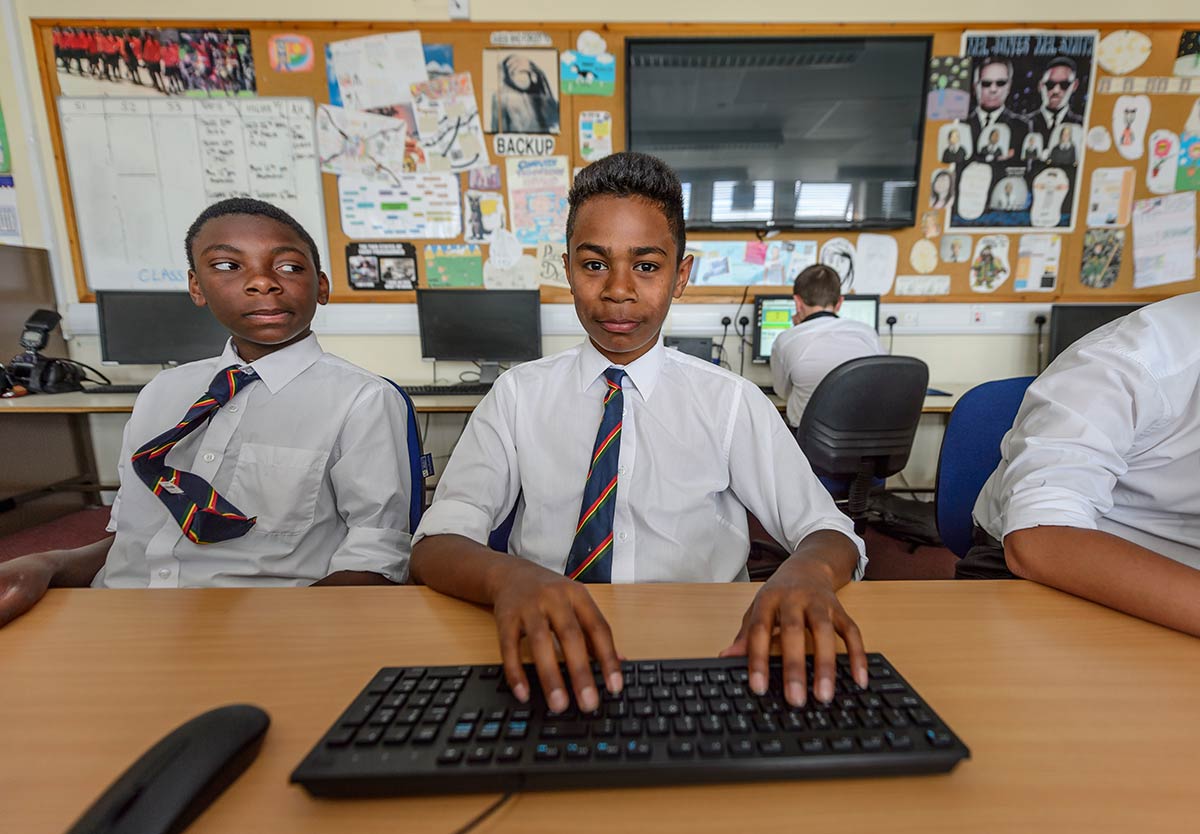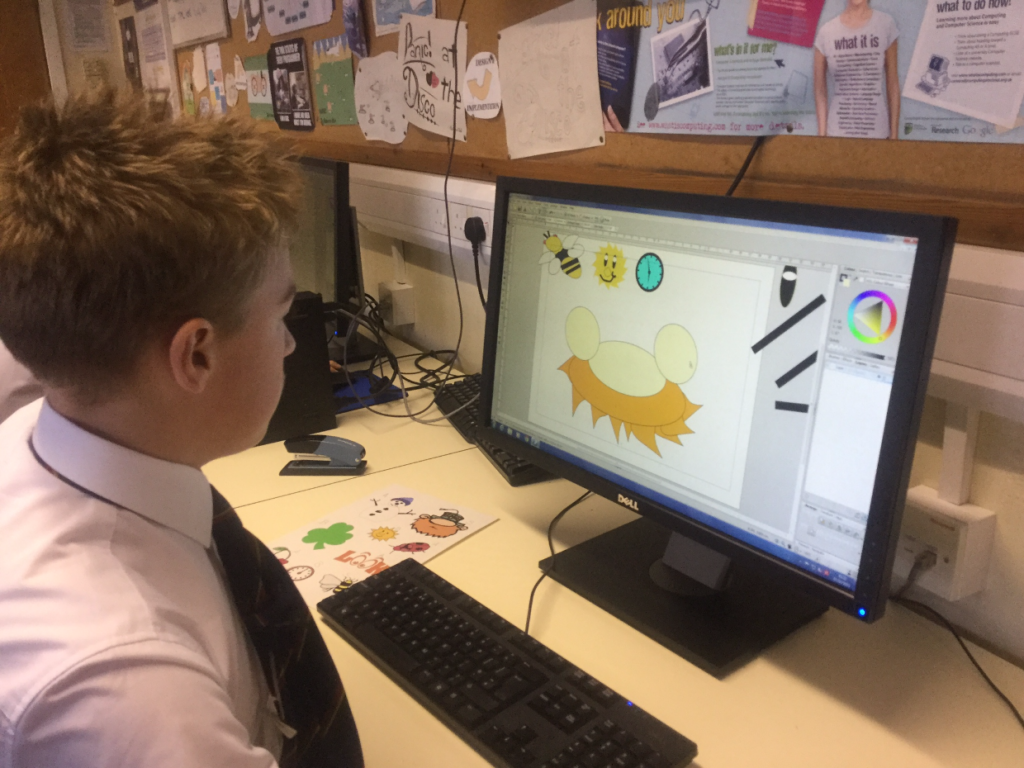
The driving goal of the Computing Department is to make learning with computers fun and we look to provide each pupil with a breadth and depth of learning experiences tailored to their interests and abilities.
Whether pupils are learning about how computers work, learning a new programming language or building advanced database skills, our courses always look to encourage them to be creative, adaptive and reflective when designing and implementing their solutions. The vital importance of collaboration, peer support and teamwork is emphasised in all areas of our courses to help support the development of transferable life skills.
In the Junior School, pupils undertake a wide variety of topics to support their development of computational thinking. These include game coding, databases, robotics, stop-frame animation, app development, web development, movie making and cyber safety/security.

Following this solid foundation, the department offers a wide range of certificate courses in the upper school. Typically, this will be National 5 Computing Science in S4, Higher Computing Science in S5 and Advanced Higher Computing Science in S6. Other pathways are possible though – for example, National 4 in S4 and then National 5 in S5 and Higher in S6; or take Higher Computing over two years in S5 and S6. All options are discussed with pupils and our skilled Computing Science teachers assist pupils in selecting the course that is best suited for them.
In a world where we are increasingly relying on computing and our security is more at risk than ever before, our senior pupils in S5 and S6 can also choose to complete our popular National Progression Award (NPA) course in Cyber Security at Level 4, 5 and/or 6.

Aims
- To develop, maintain and stimulate pupils’ curiosity, interest and enjoyment in being creative with computers.
- To respond to a particular pupil’s interest/ability in learning about computer technology/programming.
- To develop pupils with appropriate IT skills, concepts, principles, methods and vocabulary – thus enabling staff across the Curriculum to assume correctly that students have a basic level of competence.
- To encourage pupils to develop personal qualities and transferable skills such as politeness, perseverance, computational thinking, initiative, empathy, self-confidence, independence and an ability to work effectively in a group.
- To support the school and the School Development Plan in its over-arching implementation of computing technology to engage and support learning across the school.
Objectives
- To provide schemes of work that interest, motivate and support pupils at all levels of ability. Work should be appropriately challenging and provide a balance between teacher-directed and self-directed work.
- To respond to both the learning of the individual and the learning of the group as a whole.
- To provide secure, accessible, up to date information on the progress of each pupil in the department. This information should be used to discuss progress with the pupils at regular intervals and with parents when appropriate.
- To actively celebrate effort and achievement in all areas and for all students. There is a determination to reward commitment and perseverance at all levels of ability.
- To take account of pupil feedback when developing/amending units of work.
- To conduct all lessons within an atmosphere of mutual respect and trust and in line with the School Discipline Policy.
- To reflect on our performance frequently and takes steps to drive improvements where necessary.
- To reflect on and administer the guidelines and qualifications as set out by National Bodies such as Education Scotland and SQA.
- To reflect on current best practices and technological advancements in the field of Computing Science.